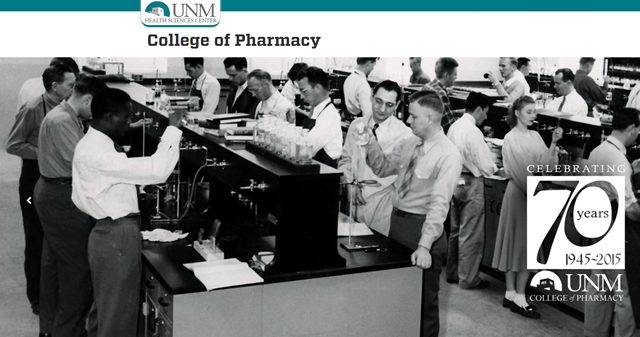
Pharmaceutical Sciences ETDs
Publication Date
1-28-2015
Abstract
Health insurance design influences whether a person will receive health services, including colorectal cancer (CRC) screening, although how insurance design influences utilization is not fully explained. By disaggregating types of insurance into discrete organizational and financial features, specific influential factors may be identifiable. This study evaluated insurance features as predictors of CRC screening using data from the 2009, 2010, and 2011 Medical Expenditure Panel Survey. Studied insurance features included three organizational features: whether a persons insurance defined a provider network (DPN), used gatekeeping, and restricted coverage to a DPN; and two financial features: whether a person had a Flexible Spending Account (FSA) and categories of cost-sharing experience during the survey year. The primary outcome studied was whether a person was up-to-date with United States (US) Preventive Services Task Force (USPSTF)-recommended CRC screening. In sensitivity analyses, any previous-year CRC screening was evaluated as an alternative outcome to assess if insurance features more strongly affected short-term screening than longer-term USPSTF screening. Multivariate logistic regression models were devised to separately evaluate each insurance feature. In smaller samples of the Western US, secondary analyses evaluated if insurance features differentially affected CRC screening among Hispanic versus non-Hispanic whites. In the logistic models of the full US samples, organizational insurance features did not significantly predict the USPSTF outcome. A significant, >3% point, increase in any previous-year CRC screening was predicted by having two features, gatekeeping and coverage restricted to a DPN. The third organizational feature, having coverage restricted to a DPN, had a non-significant positive effect. In the Western US analyses, each organizational feature predicted a more favorable change in screening likelihood for Western Hispanic whites than non-Hispanic whites suggesting a possible effect of reducing disparate CRC screening among Hispanics. For the financial features in the full and Western US analyses, having a FSA had a large positive effect in unadjusted models, although the effect did not remain significant in fully-adjusted models. Cost-sharing categories predicted substantial variation in screening likelihood, which was largely mitigated in fully-adjusted models. Further research is needed using causal study designs and datasets with richer detail about insurance design.
First Committee Member (Chair)
Borrego, Matthew
Degree Name
Pharmaceutical Sciences
Second Committee Member
Gonzales, Melissa
Level of Degree
Masters
Third Committee Member
van der Goes, David
Department Name
College of Pharmacy
Project Sponsors
College of Pharmacy Research/Teaching Assistantship
Language
English
Document Type
Thesis
Keywords
health insurance, colorectal cancer, screening
Recommended Citation
Woersching, Alex L.. "An Assessment of Health Insurance Features as Predictors of Colorectal Cancer Screening." (2015). https://digitalrepository.unm.edu/phrm_etds/14
